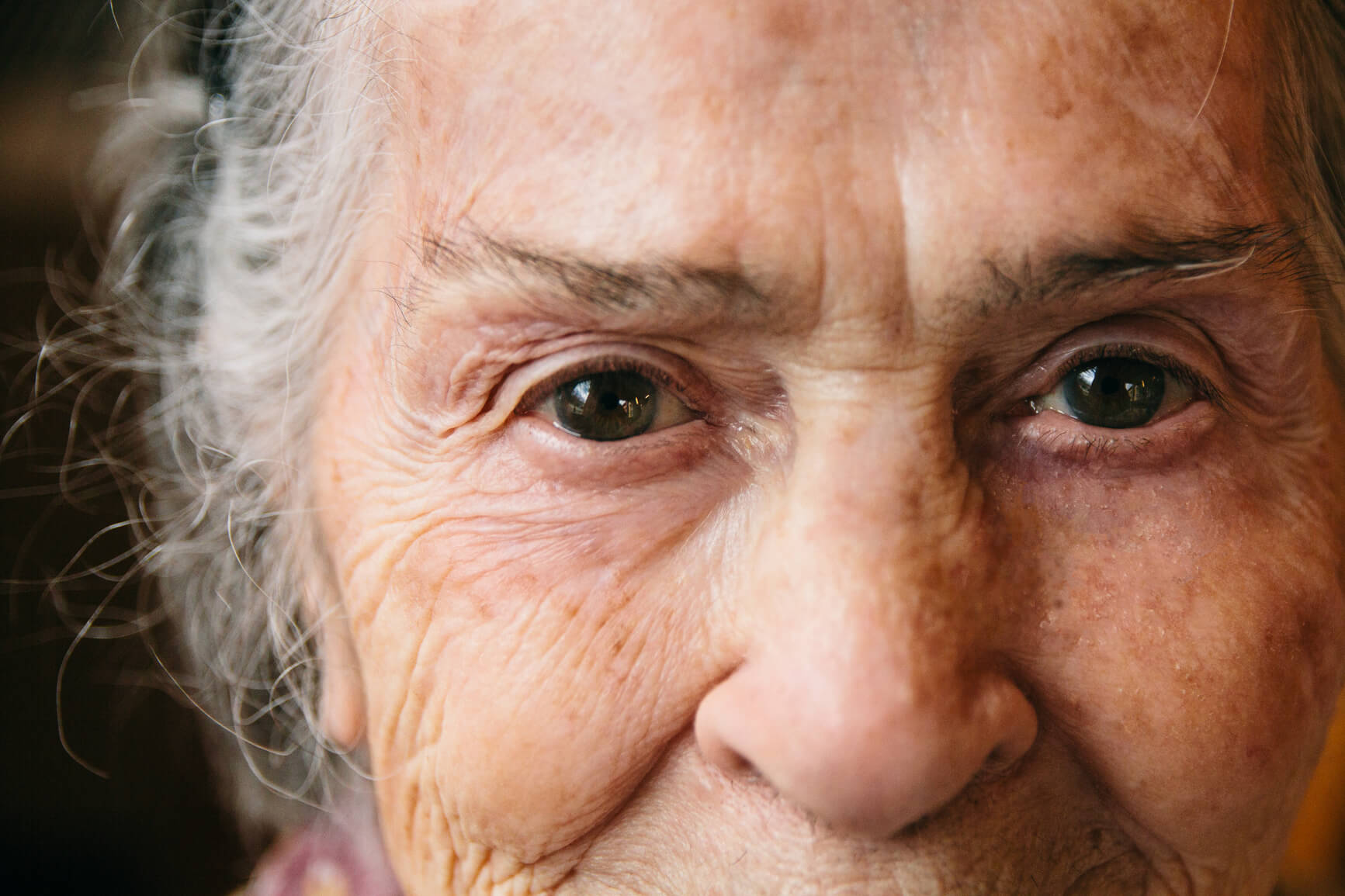-
Cataracts are the leading cause of decreased vision in adults worldwide -- most people are affected by the time they reach 90 years of age. What’s more, data shows cataracts may be on the rise in Australia, with the number of people with the condition increasing from 529,000 in 2007-08 to 731,000 in 2016-17, according to the latest Medibank Better Health Index.
What if I need cataract surgery?

-
While glasses can improve vision during the early stages of cataracts, surgery is the only effective long-term solution when glasses are no longer effective. However, the good news is that uncomplicated cataract surgery is a straightforward procedure, taking up to 20 minutes and being performed in a day surgery or hospital under local anaesthesia in most cases. In fact, it is one of the most common surgeries in Australia, accounting for 248,000 hospitalisations 2015-16.
So, what are the options when it comes to cataract surgery? Here, we break down how Australia’s public and private systems compare.
Will I have out-of-pockets?
As cataract surgery is covered by Medicare, public patients will pay little or nothing for the procedure. According to Medibank data, about half of those going through the private system are met with out-of-pocket costs. These costs depend on a number of factors, including your excess, which hospital you are admitted to and how much your doctor charges. If you’re going through the private system, be sure to contact your health insurer to confirm these costs ahead of time.
How long will I wait for surgery?
Waiting periods are one of the key areas where the public and private systems differ for cataract surgery. According to data from the Australian Institute of Health and Welfare, the median waiting period for cataract extraction in the public system in 2015-16 was 93 days, up from 89 days in 2011-12. However, this varies significantly by state, with those in NSW and Tasmania serving far longer median waits, at 240 and 301 days respectively. If you have health insurance you may be able to have your surgery sooner -- the main factors to consider are your own and your surgeon’s availability.
Medibank Clinical Director Dr Sue Abhary, says: “While the public system offers the major benefit of little or no out-of-pocket expenses, patients may have to serve long waiting periods to receive the surgery. For some, this won’t be an issue, however for those who’ve lost significant vision, or who are based in a state where waiting periods are significant, it can influence many facets of life, especially if their ability to drive is impacted.”
Can I choose my specialist and date of surgery?
Within the public system you will not be able to choose who your specialist is. This is in contrast to those within the private system, where patients are able to select the eye surgeon of their choice, and have more flexibility regarding the day their procedure takes place.
Dr Abhary continues: “For those who are feeling nervous about the procedure, the option to select a surgeon and choose when the procedure takes place may provide additional peace of mind.”
And remember, every health insurance product is different. If having health insurance for cataract surgery is important to you, check it’s included in your policy. Waiting periods apply, including 12 months for pre-existing conditions.
-
In your 20s? Here are the top 5 reasons you might go to hospital
Common procedures for Medibank members
-
How to support someone experiencing domestic violence
1800RESPECT shares how you can support victims
-
Do I need health insurance if I'm healthy?
Questioning if you need health insurance?
-
What if I am planning a baby?
Is health insurance better?
Subscribe to receive the best from Live Better every week. Healthy recipes, exercise tips and activities, offers and promotions – everything to help you eat, move and feel better.
By clicking sign up I understand and agree to Medibank's privacy policy






